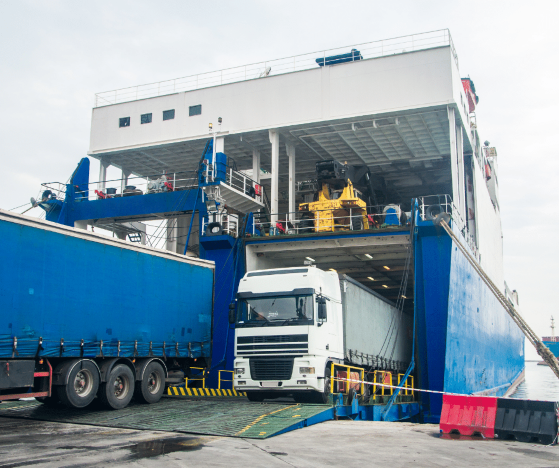The ICC has launched Incoterms 2020
Incoterms® 2020 includes more detailed explanatory notes.

The International Chamber of Commerce has launched Incoterms® 2020
The ICC has stated:
More accessible and easier to use, Incoterms® 2020 includes more detailed explanatory notes with enhanced graphics to illustrate the responsibilities of importers and exporters for each Incoterms® rule. The introduction to Incoterms® 2020 also includes a more detailed explanation on how to choose the most appropriate Incoterms® rule for a given transaction, or how a sales contract interacts with ancillay contracts.
- Incoterms® 2020 provides for demonstrated market need in relation to bills of landing (BL) with an on-board notation and the Free Carrier (FCA) Incoterms® rule.
- Incoterms® 2020 aligns different levels of insurance coverage in Cost Insurance and Freight (CIF) and Carriage and Insurance Paid To (CIP).
- Incoterms® 2020 includes arrangements for carriage with own means of transport in FCA, Delivery at Place (DAP), Delivery at Place Unloaded (DPU), and Delivered Duty Paid (DDP).
- There is a change in the three-letter name for Delivered at Termnial (DAT) to DPU.
- Incoterms® 2020 includes security-related requirements within carriage obligations and costs.
Incoterms® 2020 reflects the ever-changing nature of today’s international trade system. Over the course of the drafting process of Incoterms® 2020, several revisions were made to make sure that the Incoterms® rules clearly and accurately reflect present-day trade practices. Users of the Incoterms® rules will be able to adapt, prepare and train their businesses for 1 January 2020, when Incoterms® 2020 will come into effect.
What are Incoterms 2020?
Incoterms® is a registered trademark of the ICC. Incoterms were first created by the ICC in 1936. The Incoterms rules are created and published by the ICC and are normally revised every 10 years, since 1980. The ICC describe the current Incoterms® 2010 rules as:
ICC’s Incoterms rules are the world’s essential terms of trade for the sale of goods. Whether you are filing a purchase order, packaging and labelling a shipment for freight transport, or preparing a certificate of origin at a port, the Incoterms rules are there to guide you. The Incoterms© rules provide specific guidance to individuals participating in the import and export of global trade on a daily basis.
How Do You Use Incoterms?
By the parties agreeing the relevant Incoterms for the international supply chain and then incorporating it into the contract, the buyer and seller will understand responsibilities in the event of loss and damage.
You can include Incoterms in your contract to cover who is responsible for every stage of the international supply chain, including customs clearance and insurance requirements. Incoterms also make it clear who pays for each different cost within the international supply chain.
The choice of the Incoterm will be an integral part of the commercial transaction stated within the contract and must be applicable to the type of goods that will be shipped and the type of transportation that will be used.
If you would like more details, please call +44 (0) 118 932 8447 or email info@icsglobalservices.co.uk
Share this page

Get in touch
Contact Us
We will get back to you as soon as possible.
Please try again later.



